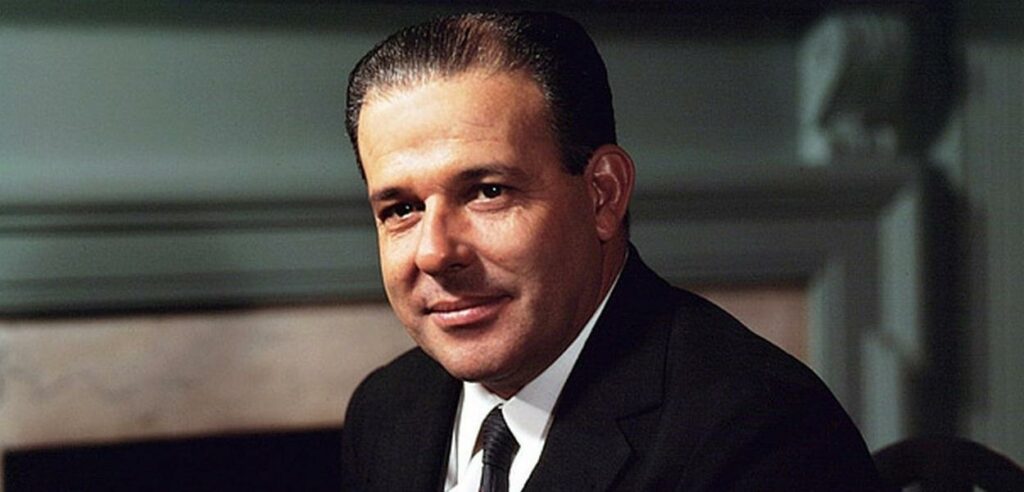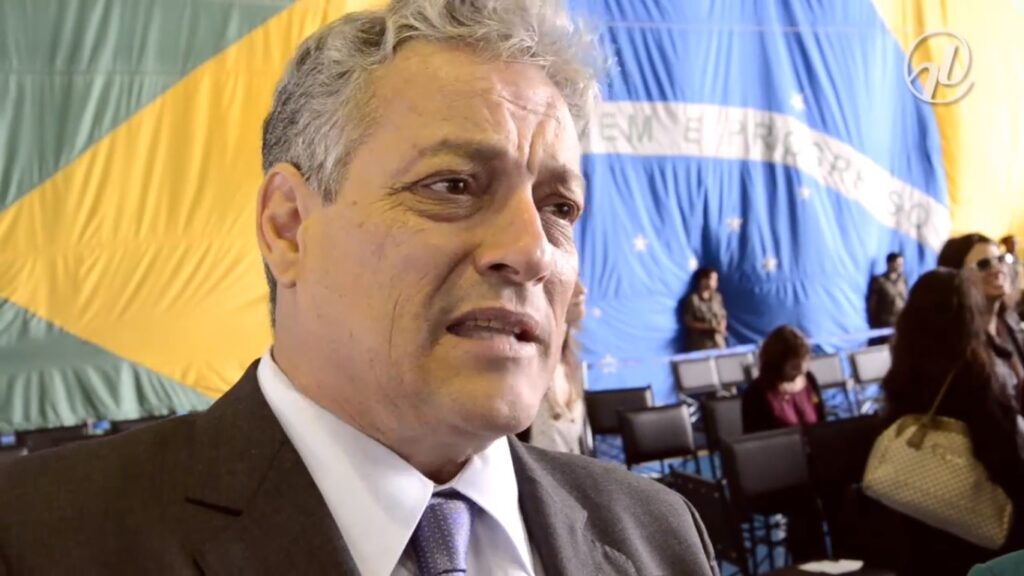In 1964, between 31st of March and the 9th of April, the military took power, subverting the existing order in Brazil, initialing a dictatorial regime which lasted until 1985. The coup was the result of a political articulation carried out by civilians and the military in the transition from 1961 to 1962. It is important to clarify that, although this conspiracy actually arose in 1961, the Fourth Brazilian Republic was marked by different attempts to subvert the order carried out by the UDN. During the 1964 coup, the then installed president, João Goulart, was removed from his post.

The path that led to the coup can be traced with the inauguration of João Goulart known as “Jango” in 1961. There were various obstacles to the inauguration of Jago as president because of his close relationships with labour unions. Conservative groups viewed him with suspicion often accusing him of being a ‘communist’. The political crisis of the Jango government was also strengthened by reforms that were advocated by the government – the Basic Reforms. Among the basic reforms the most advanced was the agrarian reform which fostered an enormous national debate in March 1963 that clearly polarized opinions. Groups of peasant workers were formed who began to invade rural properties and pressure the government to carry out the reform – even if by force. The landowners, in turn, were against agrarian reform.
The Agrarian Reform proposed by Goulart’s government consisted in promoting land democratization, while extending the main rights of rural workers. For instance, there was a decree that provided for the expropriation of unexplored or exploited rural areas contrary to the social function of the property, located on the margins of the federal road and rail axes and the lands benefited or recovered by Union investments in irrigation, drainage and water works. However, the implementation of land reform required a constitutional change since the government intended that indemnities to owners be paid with government bonds, while the Constitution provided for compensation paid in advance and in cash.
Moreover, there were other reforms proposed by this pack of ‘basic reforms,’ including an educational, fiscal, electoral, and banking reform.

Other two actions by the Jango government increased this opposition from the American government, which started to finance the coup movements in Brazil. The first action was the Profit Remittances Act of 1962, which prevented multinationals from sending more than 10% of their profits abroad. The second measure that Americans strongly disagreed with was the continuity of Brazil’s independent foreign policy and practiced by the Minister of Foreign Affairs, San Tiago Dantas.
As a result, from 1962 the United States began to actively finance conservative groups and politicians in Brazil. Two groups that received ample American funding became known as the “Ipes-Ibad complex”, with Ipes being the Institute for Research and Social Studies, and Ibad, the Brazilian Institute for Democratic Action. Ibad, in fact, was the target of a CPI in 1962 because it received millions from the American government to finance the campaign of more than 800 politicians during that year’s elections. The supported politicians were conservative politicians, and the goal was to create a parliamentary front that would bar the government of João Goulart in all ways. According to Brazilian legislation at the time, this type of financing was illegal.

The destabilization of the Jango government was also largely carried out by the Brazilian press. The newspapers of great circulation in Brazil joined in a coup articulation that received the ironic name of Rede da Democracia (Democracy Network).
Ti potrebbe interessare anche: Camici-gate in Lombardia: arriva la Finanza e l’assessore leghista cancella WhatsApp